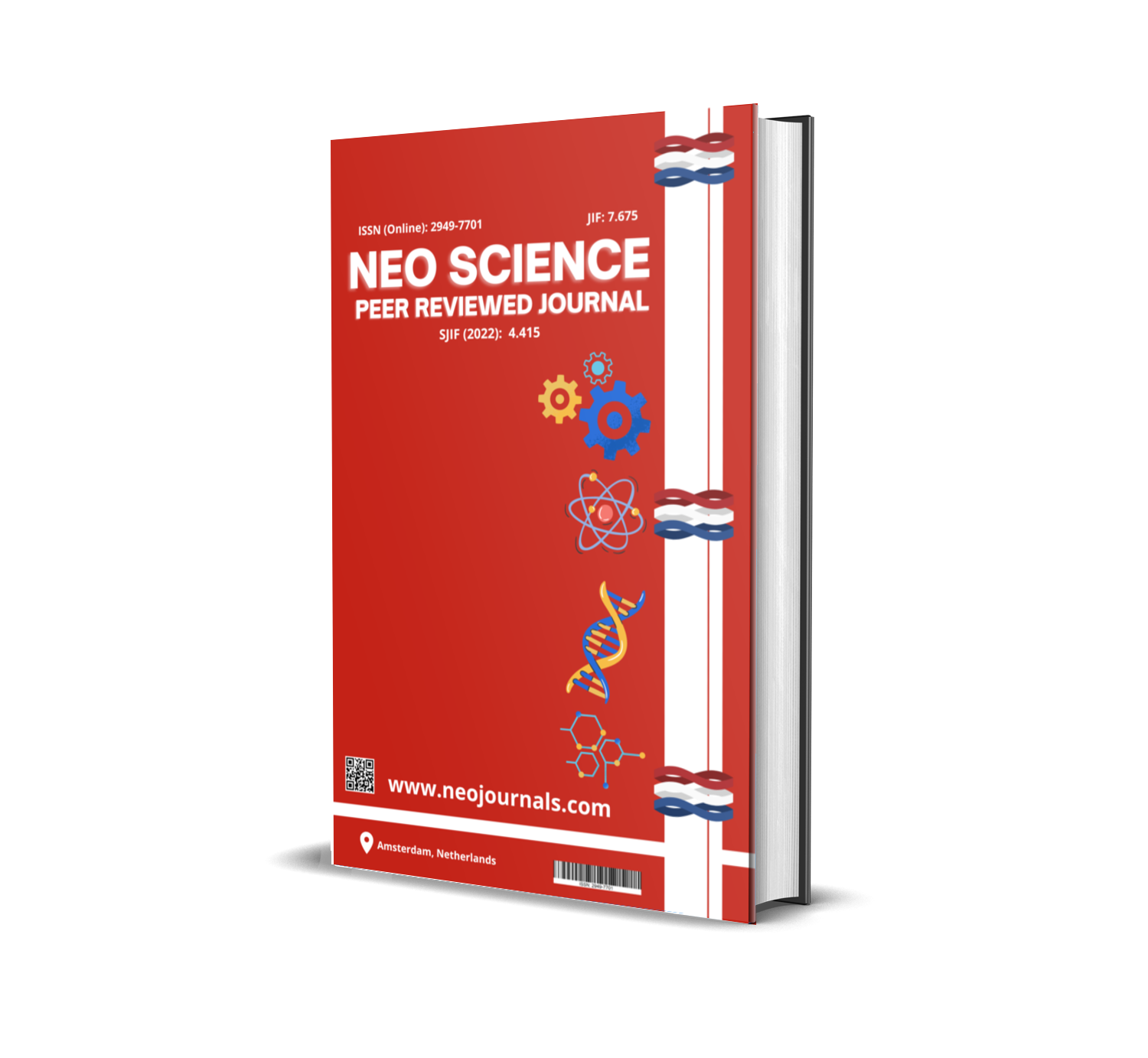SYNTHESIS, PROPERTIES, APPLICATION OF BIOLOGICALLY ACTIVE COMPOUNDS BASED ON ACETYLENE
Abstract
This article explores the synthesis, properties, and diverse applications of acetylene in the realm of biology. Acetylene, a hydrocarbon compound with a triple bond between two carbon atoms, has garnered significant interest in the field of biochemistry due to its unique characteristics. This paper delves into the biologically relevant synthesis pathways of acetylene, shedding light on its natural production within organisms. Furthermore, it discusses the various properties of acetylene that make it valuable in biological contexts, such as its reactivity and ability to serve as a versatile substrate. Additionally, the article highlights the applications of acetylene in the study of biological processes, including its use as a tracer in metabolic studies and its role in the synthesis of bioactive molecules. Lastly, the safety precautions and environmental considerations associated with the handling of acetylene are also addressed.
Downloads
Published
Issue
Section
License

This work is licensed under a Creative Commons Attribution-NonCommercial 4.0 International License.







